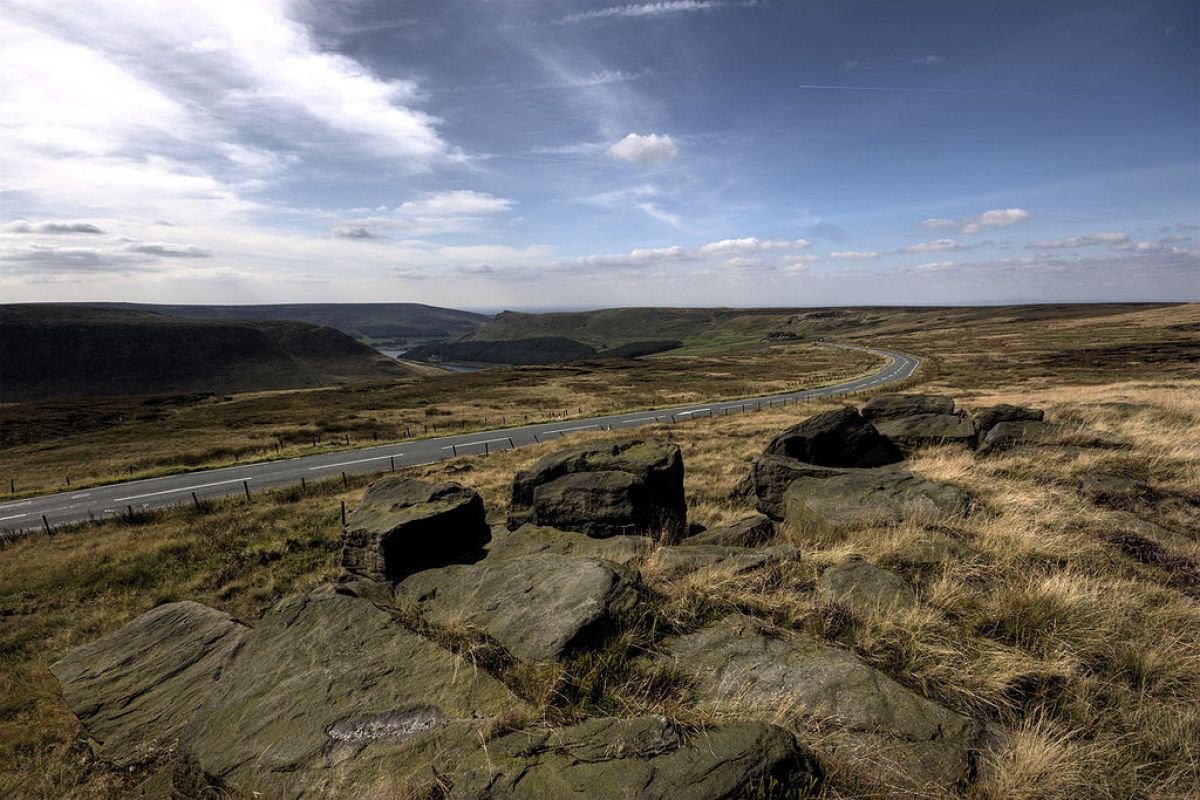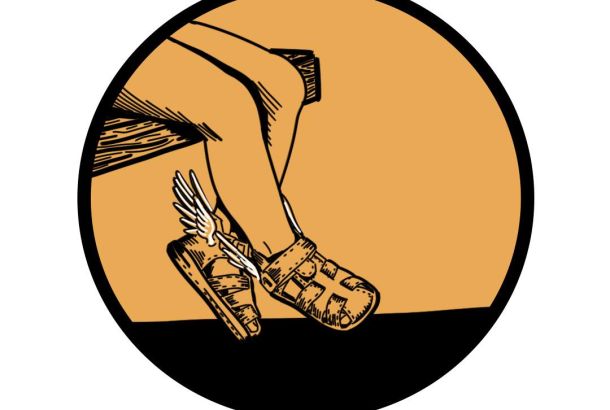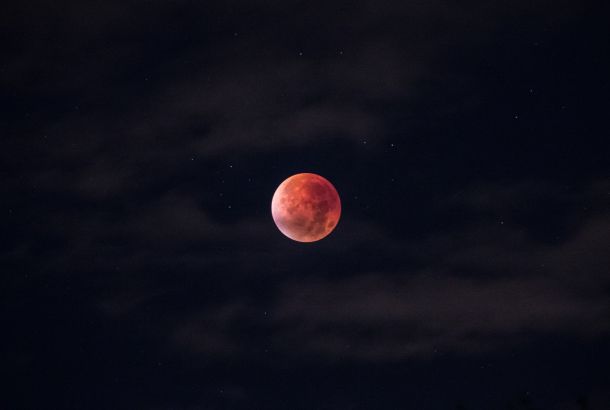The Moor – Freya Thomson

Saddleworth Moor exists as a barren expanse of moorland forever condemned to its murderous history. Today, it is enveloped in a mist. The fine cloud rests on the upland. It oppresses, it conceals, it protects, it invites.
The dark peak land’s earthy hue is interrupted only by vibrantly coloured ferns that skirt its perimeter. Ripping through thick undergrowth of heather, moss and rock, the splayed fern leaves reveal an electric green. The ferns jerk and jostle with one another, bobbing from side to side in the wind as they compete for the sun’s sporadic affection. I park my car by the side of the road. Finding a spot isn’t difficult; nobody wants to come here.
I get out of the car. There’s an empty bubble tea cup discarded on the floor. Normally, the plastic is brightly coloured, filled with weird milk tea and strange tapioca bubbles, but this cup is half-full of rainwater and a few cigarette stubs.
I continue to clamber across coarse heather and rocks and on to grass. I walk in a now bizarrely familiar direction. As I press on walking, I step upon a soft, spongy mound of earth. I stop. I press my foot down. The small mound offers some resistance against my foot. For some reason, I find the sensation comforting. In the bleak landscape so devoid of humanity and human touch, I find solace in the squishy earth.
I walk on. The feeling of content vanishes as an inch of blue comes and goes, obscured by the overcast day. It is impossible to forget why I am here. I make my way to the place I always go. From my bag I pull two white roses. They have become a little bruised from sitting in my bag in a warm car for a few hours, but it doesn’t matter. I scatter the petals around me. The wind carries some of the soft, white curls away. It is all I can do.
~
In our youth, Saturdays and Sundays danced by. Although there were three years between us, we spent every day together. More than a little brother to me, you were a best friend too. Our summer days were spent idling around suburbia under primary blue skies. Even the mundane days seem perfect in retrospect. Running, laughing, eating ice pops, going to bed when the sky was still light, and the pigeons were still cooing. Sometimes our mum had already put us to bed when we heard the sounds of the ice-cream van making its rounds. Sometimes, if we were lucky, she let us climb out of bed and nip across the street in our pyjamas to get an ice-cream.
Those days were perfect. We were carefree, unthinking, naïve, happy. We were just kids.
~
I’ll never be able to forget his freckly face, fixed in my mind forever. It’s a nice image, but a sad one too. Those bright eyes are tied up with too much nostalgia, an overwhelming combination of happiness and tragedy.
My little brother disappeared one day, and we never saw him again.
~
I was only a child when he went missing. At first, I was confident he would come home. But when he didn’t, I had to make sense of it somehow. It was the only way I could cope.
I had heard stories about the Moor. The children buried there. One of them whose body was never recovered, lost on the Moor forever. And so, I told myself the Moor had swallowed him up. It seemed less violent than an actual person harming him, and I forced myself to believe it.
The Moor began to embody all of my fears which extended to horrendous nightmares. A primordial, foreboding abyss lived in my head; it could strike me at any time, day or night. I longed for it to go away, but it wasn’t that easy.
Looking back, school was difficult. Everyone knew what had happened and everyone felt sorry for me. Or thought I was weird, or a combination of the two. After he went missing, I wasn’t like everyone else. Now I look back, I recognise I had been through more trauma than most people experience in their lifetimes. It was a heavy burden for a small child to carry.
We never found out what happened to him, and it’s heartbreaking to admit, but it’s likely that we’ll never know. But I can’t forget, and so now I still come here, to remember and to mourn.
~
And just like that, I turn to leave the moor. It’s cold and I want to forget. I walk quicker and quicker and quicker until I reach the comfort of my car. I sink into the seat. I put the key into the ignition and turn. Some soulless pop song plays, but I long for anything to fill the void. I drive.
As I pull away from the moor, I am flooded with grief and relief. I will never get over losing him. But also, for the first time since he disappeared, I feel differently.
As I drive further and further away from the clutches of the moor, I consider the moor could be beautiful if not for its past. After all, it is not nature but people who can be ugly. We must go on, otherwise, we too will be condemned. We must find beauty where it is difficult to see.
I drive away and leave the moor and the white roses behind me.
This time, it’s for the last time.







